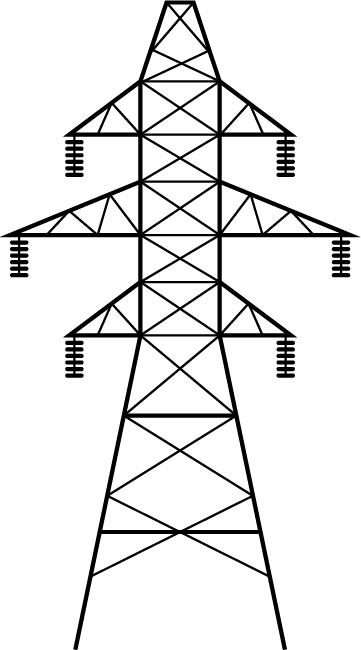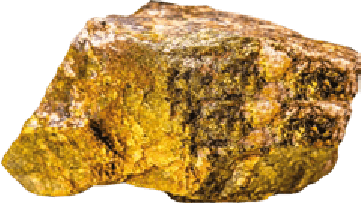THE ASSETS OF NUCLEAR ENERGY

Low-carbon
Nuclear energy is one of the lowest CO₂ emitting energies in the world with emissions comparable to wind power, 4 times lower than solar power, 40 times lower than gas and 70 times lower than coal. Its marginal level of CO₂ emissions makes nuclear power an indispensable component of energy transition.

Energy sovereignty
Nuclear energy helps countries to be energy independent. In France, which generates most of its own nuclear-derived electricity, it is an asset for the country’s sovereignty.
Dense and sustainable
Thanks to its robust production system, nuclear energy provides a continuous supply of large quantities of electricity while adapting to demand.

High energy density
Because uranium has a much higher energy density than hydrocarbons (100 g of uranium produces as much energy as one ton of crude oil), it is more easily stored. France has several years of reserves, particularly thanks to the reserve of depleted uranium. Uranium is also an abundant resource available on five continents.

Recyclable
Orano recycles nuclear fuel to produce new fuel, thus helping to preserve natural resources. In France, recycled nuclear fuel powers a tenth of all lightbulbs running on nuclear energy.

Essential to the electricity mix
In all the scenarios studied by the IPCC and IEA for low-carbon power generation, a significant increase in renewable energy can only be envisaged in conjunction with nuclear energy if we are to phase out fossil fuels completely.

Fresh potential and innovative
Nuclear energy fosters the development of unrivaled expertise and technology which, besides helping to build tomorrow’s nuclear industry, can also be applied in other sectors and markets in order to build a more sustainable world.
